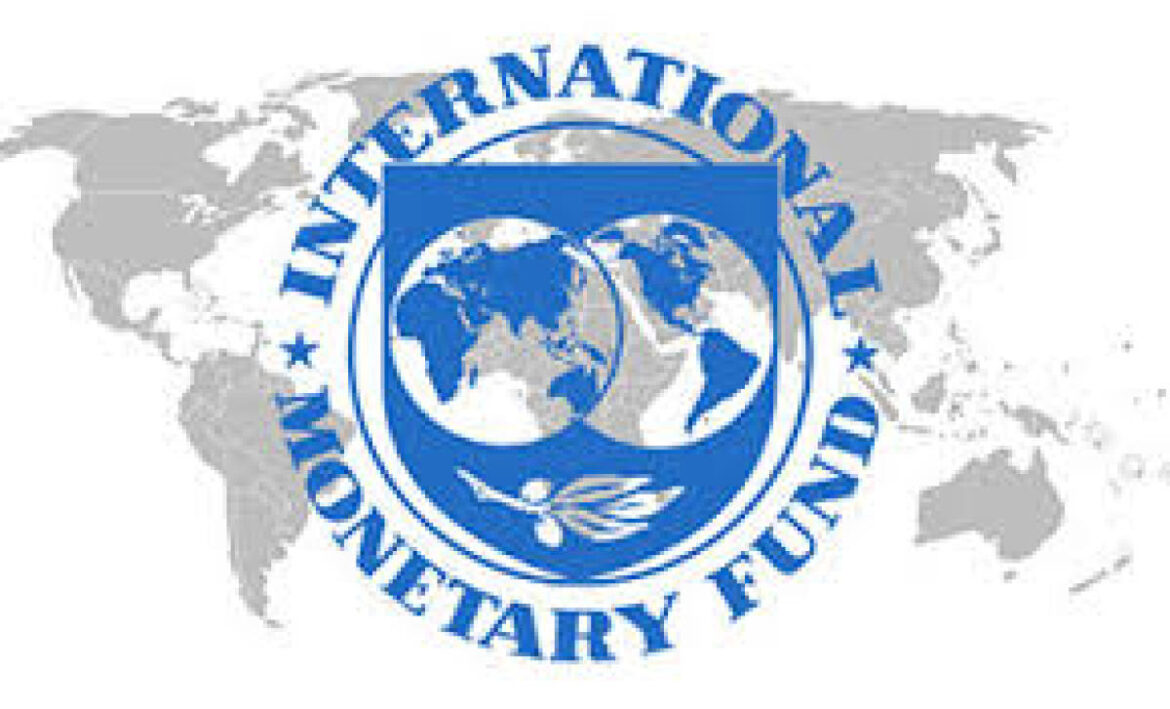By Asmau Ahmad
International Monetary Fund (IMF) has said that the federal government needs additional macroeconomic tightening of fiscal and monetary policies to be able to give a chance to the naira and stability to the economy.
Ari Aisen, the IMF mission chief for Nigeria, who stated this, said “There needs to be additional macroeconomic tightening of monetary and fiscal policies to be able to give a chance to the naira and stability to the economy on a more durable footing.”
He said that the short-term challenges are undeniable, but with renewed confidence in the medium term, the economy can enjoy a different environment for investment, with more credibility, more visibility and then be able to create more jobs and Nigeria can see the other side.
This was discussed at the Arbiterz conference themed: ‘The Naira: Paths to Institutional Reforms and Accelerated Growth’ on Thursday.
He commended the new government on the initial implementation of the willing buyer willing seller foreign exchange regime.
“The willing buyer and seller is a good policy,” he said.
He said that the volatility of the naira will likely continue, but likely to be reduced in the long run by macroeconomic policies.
“The supply of foreign exchange might take a bit of time because there’s too many naira running after the FX, which is a recipe for depreciation. There needs to be an inflow of Fx,” he said.
He said that the interest rates of 18.75 percent do not fully reflect market rates, as evidenced by lower rates in the market, particularly in instruments such as treasury bills. This disparity results in reduced foreign inflows and limited savings among Nigerians.
He mentioned that the fiscal policies are too loose, despite the fiscal savings from the elimination of petrol subsidy, debts are still high.
“What we see is the CBN continues to finance the government through the ways and means, this is an additional injection of liquidity into the system, if not mopped up will contribute to lowering the interest rate in the economy,” he said.
“Transitory, we believe that policies should be tighter to support the naira as we move forward. The idea will be that if there’s a shorter course to be paid for the economy to stabilize after the transition period the economy can by recouping confidence in the medium term, maybe 18 months more or less which is hard because the population has been suffering quite a bit and hardships are high for a long period of time.”
He highlighted that it’s also important to put out social policies to protect those who need it in the most to protect them from high inflation environment and any adjustment needed to stabilise the economy.


